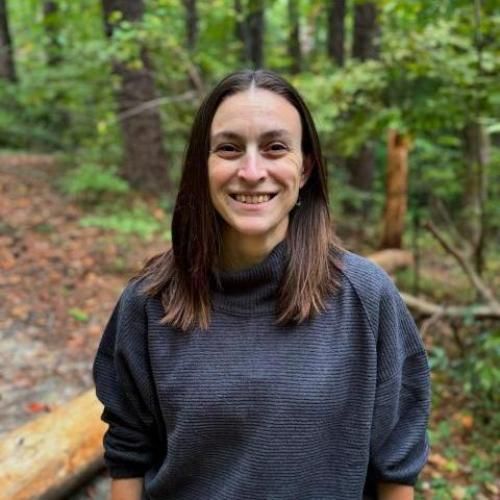Overview
I am currently the Director of Academic Engagement for the Natural & Quantitative Sciences in Duke's Academic Advising Center, where I serve as a specialized advisor for our STEM undergraduates. I am also Adjunct Faculty in the Department of Biology, where I teach, mentor, and research.
My research is on the ecology of lemurs in Madagascar, with a central focus on mechanisms of local adaptation in sifakas and biogeography of mouse and dwarf lemurs. Prior to my current position, I was a postdoctoral associate at the Duke Lemur Center and graduate student in Duke's Ecology Program. My dissertation research was on the role of the gut microbiome in facilitating folivory as an ecological strategy in lemurs.
My research is on the ecology of lemurs in Madagascar, with a central focus on mechanisms of local adaptation in sifakas and biogeography of mouse and dwarf lemurs. Prior to my current position, I was a postdoctoral associate at the Duke Lemur Center and graduate student in Duke's Ecology Program. My dissertation research was on the role of the gut microbiome in facilitating folivory as an ecological strategy in lemurs.

